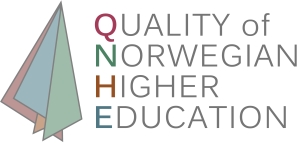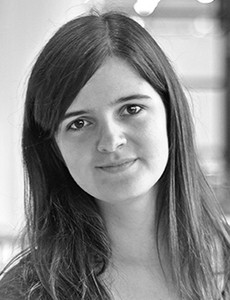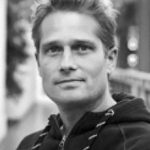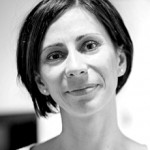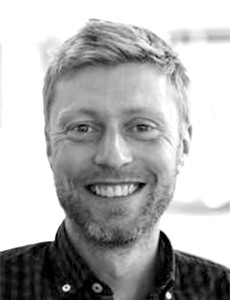
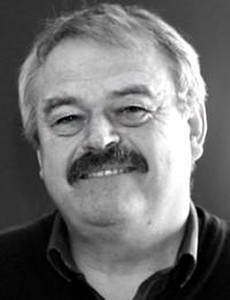
Odd Rune Stalheim and Yngve Nordkvelle published a chapter in the book “Self-Efficacy in Instructional Technology Contexts”. The chapter is titled “I Saved the Patient: Simulation and Self-Efficacy in Health Education“. In the chapter, they explore how technical innovations change how nurses are trained in practice.
Abstract: Historically, nurses’ training has been based on a traditional apprentice model, with most of the practice performed in real-life situations. Technological innovations have changed the way that nurses are trained in practice, in response to the continuing improvement and complex reality of nursing. In this case, simulations in designated technological laboratories for nursing education have the advantage of preparing students for real-life experiences and assist them in translating theory into action in safe and secure conditions. Simulation is a context for teaching and learning, with its huge potential for offering students affective, cognitive, and psychomotor challenges in learning. Practicing beforehand leaves more time and opportunities for students to concentrate on what is otherwise only possible to learn in complex and realistic situations. High-fidelity health simulations in safe environments offer students unique opportunities to practice skills and build self-efficacy while circumventing the possibility of human injury or distress. Additionally, student responses and satisfaction with simulation activities are reported to be very high in nursing education.
